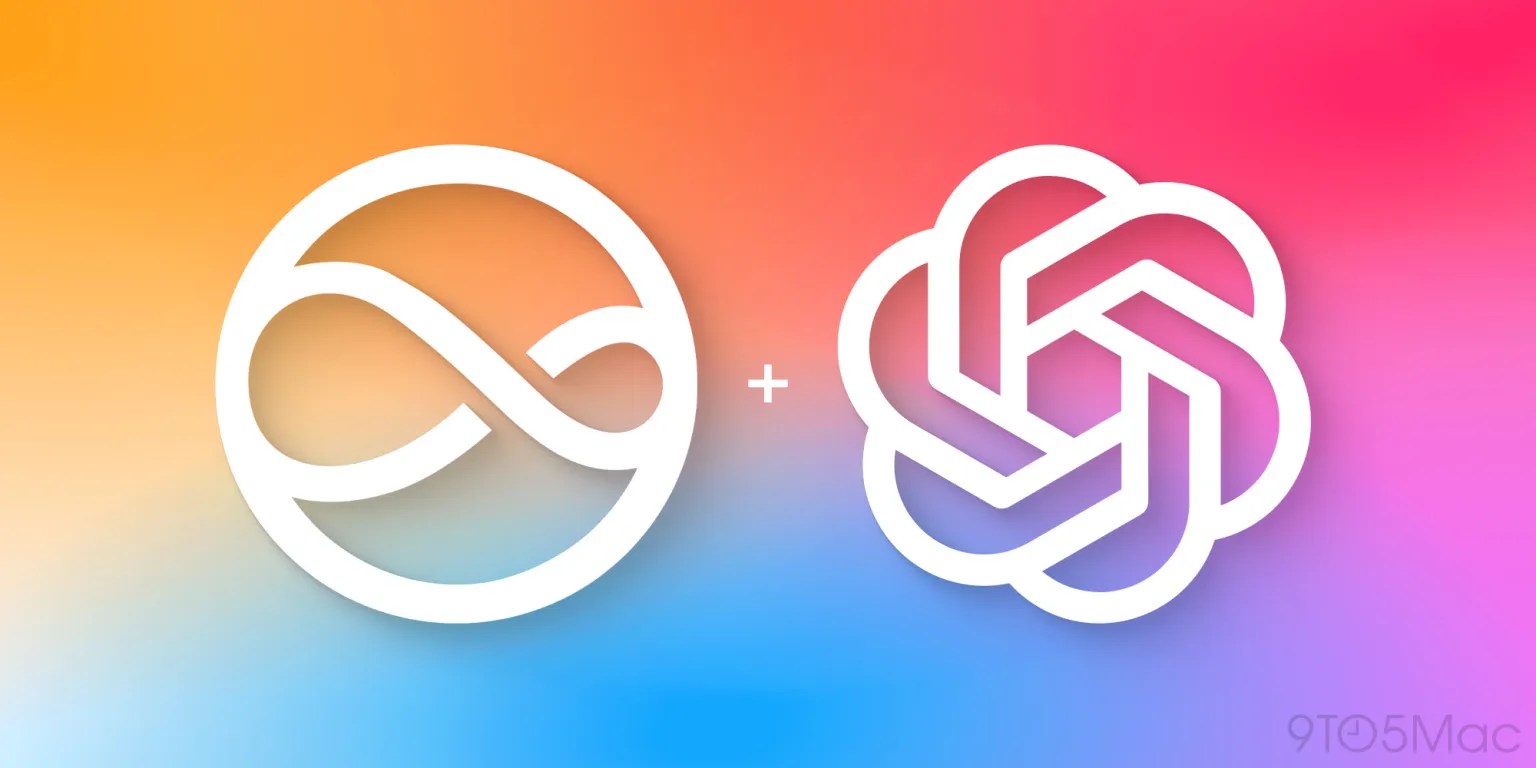
According to the latest edition of Mark Gurman’s Power On newsletter, some employees at Apple believe that the company is around two years behind in artificial intelligence development. We also get some insight on a few internal studies, and a look ahead at Apple’s strategy.
Apple Intelligence recap
Apple unveiled the Apple Intelligence feature set back at WWDC24 back in June, marking the company’s first step into the world’s current AI craze. There were a number of neat features that Apple built, including AI notification summaries, intelligent breakthrough for important notifications, an all new Siri with personal context, Image Playground, Genmoji, and more.
However, one interesting part of Apple’s AI strategy, which remained under wraps until relatively late in the development cycle, is that they aren’t doing it all on their own.
Apple Intelligence mostly relies on models that can run on-device, which also means that the requirements to run Apple Intelligence are pretty high. You need an A17 or M1 chipset or later, with at least 8GB of memory. However, the fact that they run on device also inherently limits how information heavy they can be.
And for that reason, Apple also announced a partnership with OpenAI for ChatGPT integration across the system. You don’t have to use it, but if you want to tap in to additional knowledge, it’s available.
ChatGPT vs Siri
OpenAI develops some of the world’s greatest AI models, and Apple announced that they’d be supporting GPT-4o across iOS, iPadOS, and macOS. It’ll be integrated in Siri, as well as Writing Tools. ChatGPT integration was expected to close the knowledge gap, and now we know exactly how large that knowledge gap is.
According to Gurman, Apple’s internal studies show that ChatGPT is around 25% more accurate than Siri, and can answer around 30% more questions. He also later states that “some at Apple believe that its generative AI technology – at least, so far – is more than two years behind the industry leaders.”
Apple’s future strategy
Historically, Apple has proven successful in catching up in fields they’re seemingly behind in, such as Apple Maps. Gurman believes that Apple will catch up regardless, whether they do it themselves, hire people to do it, or acquire the necessary companies to do so.
Additionally, Gurman says that by 2026, Apple Intelligence will run on every device with a screen, with the iPhone SE gaining the A18 chip in March as we expected, and the entry-level iPad “probably” receiving an update later in 2025.
Apple obviously has the advantage of having tons of devices with high capability to run AI models, so as they iterate, we’ll all get to benefit from it quickly. It’s just a matter of how Apple develops things going forward.
What do you think of Apple’s AI strategy? What would you like to see Apple Intelligence support in the future? Let us know in the comments.
Follow Michael: X/Twitter, Threads, Instagram
FTC: We use income earning auto affiliate links. More.



![[CITYPNG.COM]White Google Play PlayStore Logo – 1500×1500](https://startupnews.fyi/wp-content/uploads/2025/08/CITYPNG.COMWhite-Google-Play-PlayStore-Logo-1500x1500-1-630x630.png)